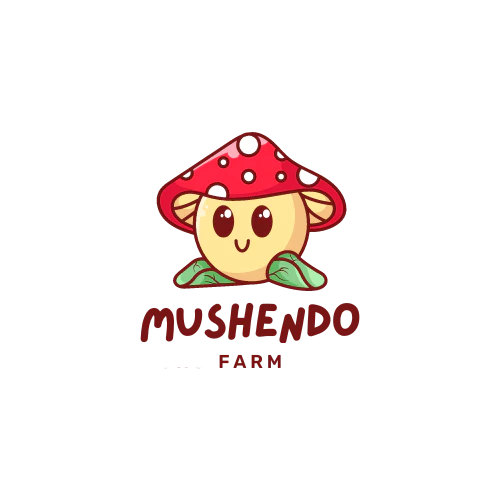Introduction to Chaga Mushrooms
Chaga mushrooms grow primarily on the bark of birch trees in cold climates across the Northern Hemisphere. Unlike typical mushrooms, Chaga does not have a traditional cap and stem but instead forms a hard, woody mass. It has been used for centuries in traditional medicine, particularly in Russia and Northern European countries, for its health benefits. Chaga is rich in a variety of vitamins, minerals, and compounds that contribute to its health-promoting properties.
Nutritional Profile
Chaga mushrooms are a rich source of:
- Fiber: Essential for digestive health.
- Vitamins: Including B-complex vitamins, vitamin D, and vitamin K.
- Minerals: Such as iron, magnesium, potassium, and calcium.
- Antioxidants: Chaga mushrooms are packed with antioxidants, including superoxide dismutase (SOD), betulinic acid, and polyphenols, which help combat oxidative stress and may reduce the risk of chronic diseases.
- Melanin: Gives Chaga its distinctive dark color and is known for protecting DNA and promoting skin health.
Health Benefits
Immune System Support
Chaga mushrooms have been shown to boost the immune system by increasing the production of certain immune cells. This can help fight off pathogens and reduce the frequency of infections.
Antioxidant Properties
The high levels of antioxidants in Chaga can help neutralize free radicals in the body, potentially reducing the risk of chronic diseases such as heart disease and cancer.
Anti-inflammatory Effects
Compounds in Chaga may reduce inflammation, which is beneficial since chronic inflammation is a risk factor for many diseases.
Supports Digestive Health
The fiber content in Chaga mushrooms can promote digestive health, aiding in digestion and preventing constipation.
Potential Anti-Cancer Properties
Some studies suggest that Chaga could slow the growth of certain cancer cells, thanks to its antioxidant and anti-inflammatory properties.
How to Use Chaga
Chaga can be consumed in several forms, including tea, powder, and supplements. Chaga tea is the most traditional method, made by simmering chunks of Chaga in hot water. The powder can be added to smoothies, coffee, or tea for an extra nutritional boost.
Safety and Considerations
While Chaga is generally considered safe for most people, it's important to consult with a healthcare provider before adding it to your diet, especially for those on medication or with a health condition. Overconsumption may lead to adverse effects, and due to its potential to lower blood sugar, those with diabetes should monitor their levels closely.
Sustainability and Ethical Sourcing
As the popularity of Chaga mushrooms increases, sustainable harvesting practices are crucial to prevent overharvesting and ensure the long-term availability of this resource. Ethically sourced Chaga ensures that local ecosystems are respected and preserved.
Conclusion
Chaga mushrooms offer a rich nutritional profile with a wide range of health benefits, from boosting the immune system to offering antioxidant protection. Its use in traditional medicine and increasing popularity in the wellness community underscore its potential as a natural health supplement. However, sustainability and ethical sourcing are key to preserving this valuable resource for future generations. As with any supplement, it's important to use Chaga responsibly and consult with a healthcare provider to ensure it's appropriate for your health needs.
This overview provides a glimpse into the nutrition facts and health benefits of Chaga mushrooms, illustrating why they are considered a valuable addition to a health-conscious lifestyle.

